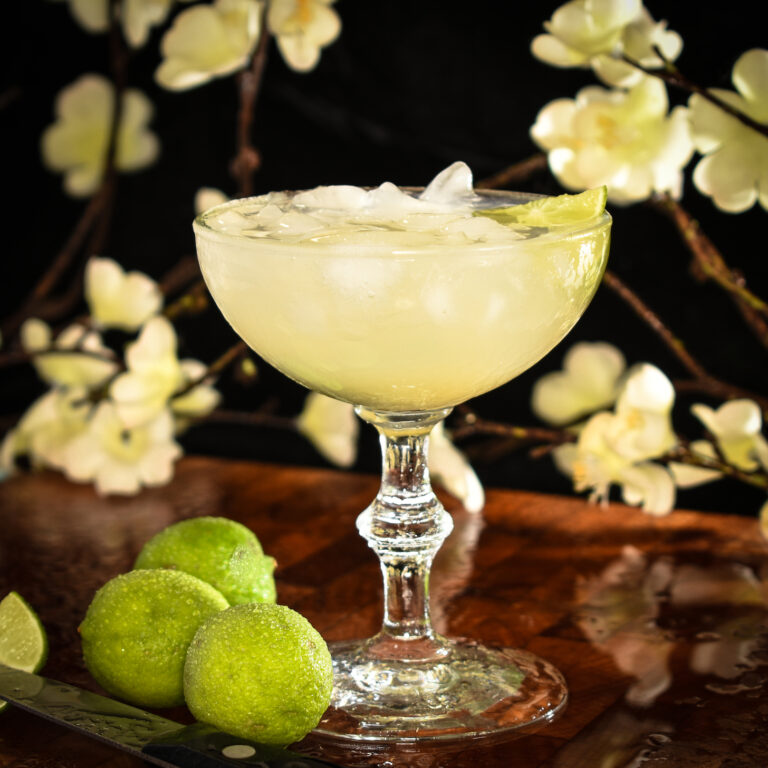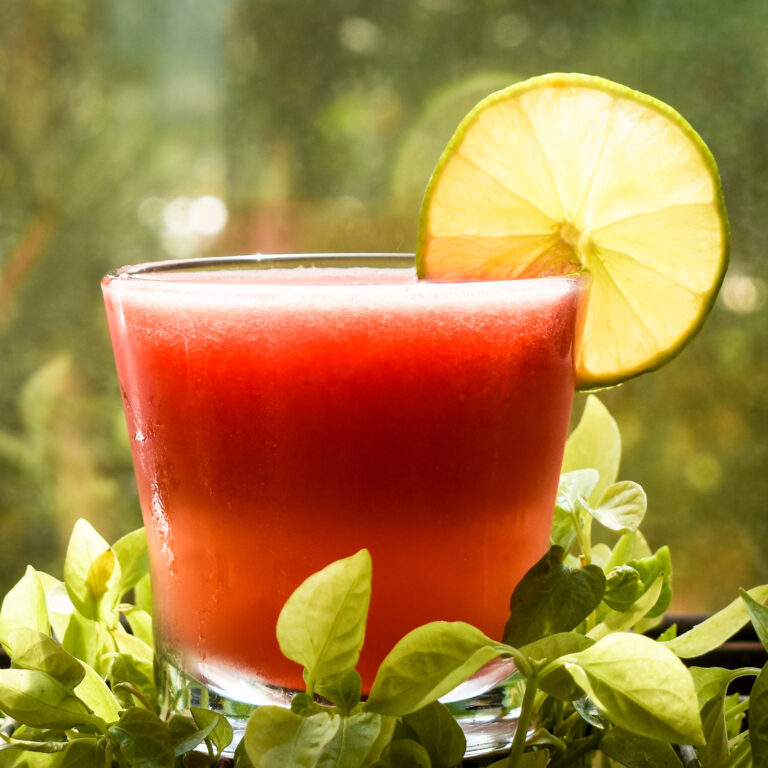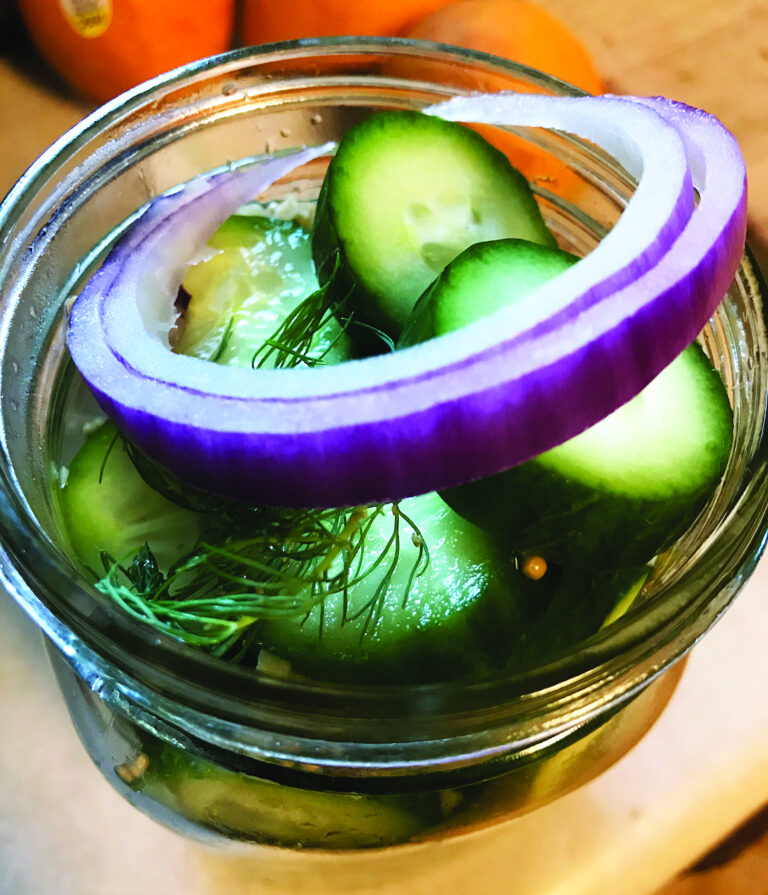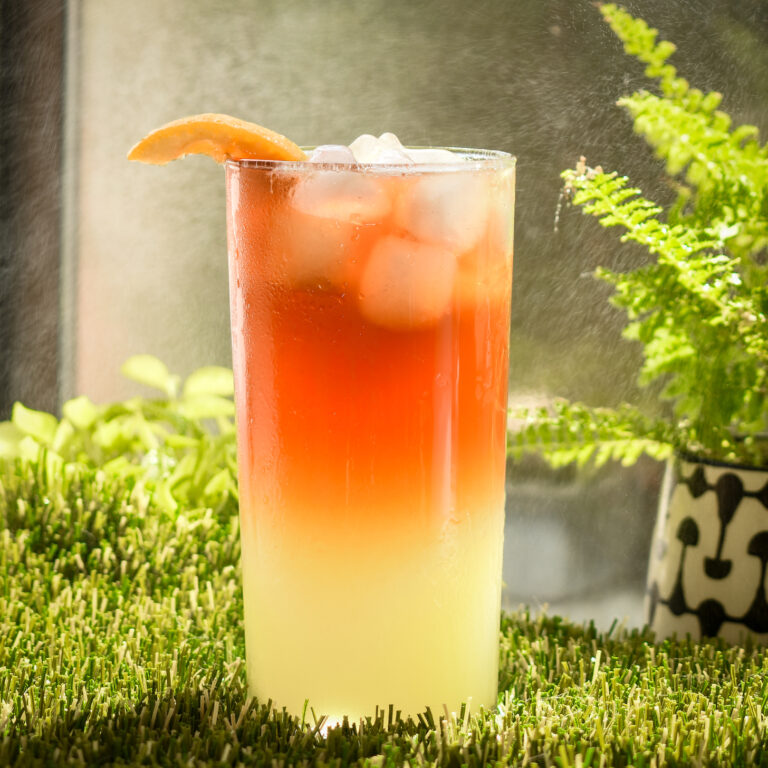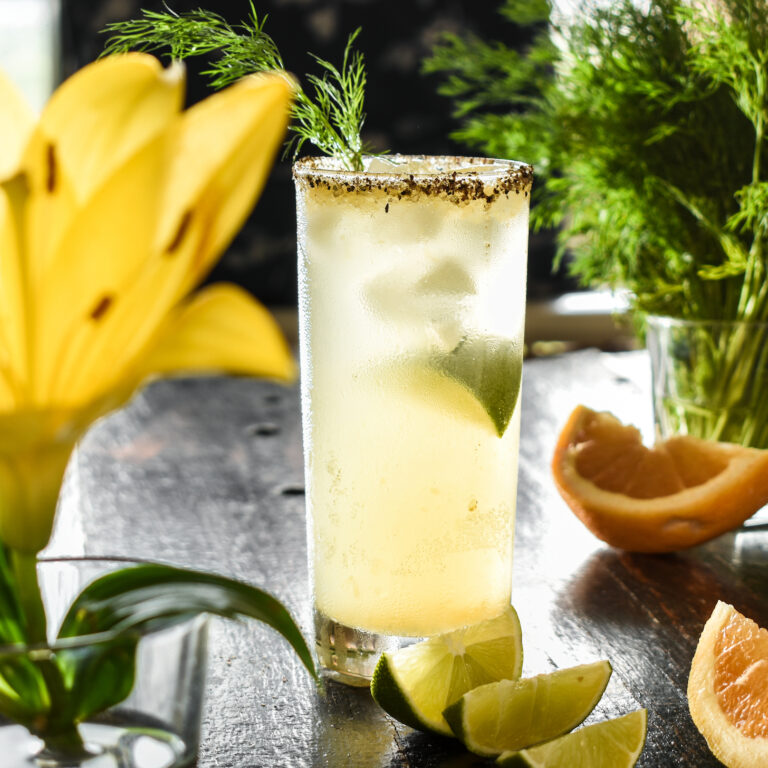Send your food and garden queries to flash@flashinthepan.net
Latest Article|September 3, 2020|Free
::Making Grown Men Cry Since 1992
2 min read
Q: A while ago you mentioned that you don’t mind monosodium glutamate. Since I regard MSG to be nothing less than evil incarnate, please explain. —My Sore Gut A: It’s true; the anti-MSG bandwagon is one of the few conspiracy theories I haven’t signed onto. I’m simply not sold on how a substance made from two things that we commonly eat, sodium and glutamate, could be evil. Since I haven’t felt the effect myself, and I haven’t seen any studies that support the claims that MSG causes these reactions, I remain a skeptic.MSG was first isolated from kelp as a way of mass-producing the "umami" flavor that Japanese chefs have long known seaweed broth to impart. Nowadays, much MSG is produced by cultivating the bacteria Micrococcus glutamicus on nutrient-rich media and concentrating and purifying its MSG-laden waste product.Perhaps something about this process does make people have a reaction to the final product. If so, it’s not MSG that’s the problem, but the process. It’s also possible that some folks are allergic to the product. But people are allergic to peanuts, too. Does that make peanuts evil incarnate?Soy sauce, liquid aminos, miso and many cheeses all have naturally occurring MSG, as does kelp. Our bodies even synthesize the glutamate portion of MSG, and sodium is a common component of table salt. Upon contact with water, monosodium glutamate breaks apart into exactly these two pedestrian components.




